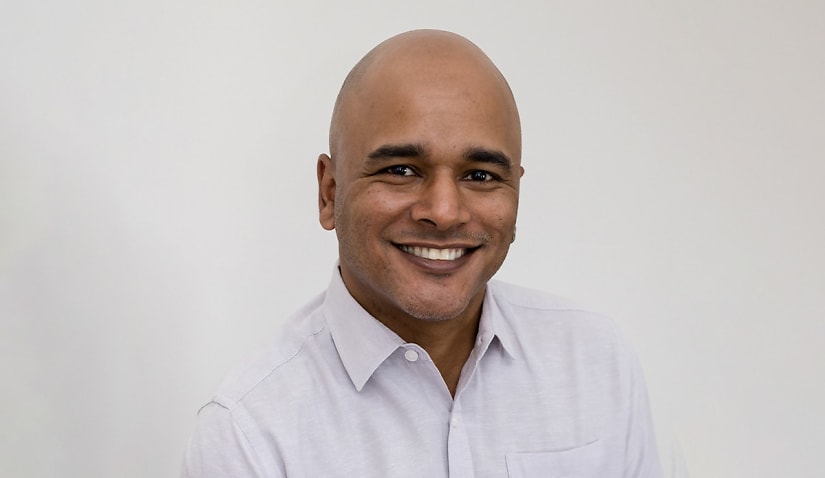As AI and digital technologies reshape the workplace, the risks are growing, and without strong action, the dangers to workers’ health and safety will only intensify, writes Corey Rabaut.

Last 28 April marked the International Workers’ Memorial Day. It is time to honour every worker lost and to fight for the living. This year, the global focus confronts the impact of artificial intelligence (AI) and digitalisation on workers’ health and safety. Unions are leading this fight in these concerns because we cannot rely on reactive policymakers to protect us. Unions are not anti-technology; we are pro-workers. So, as AI and digital technologies reshape the workplace, the risks are growing, and without strong action, the dangers to workers’ health and safety will only intensify.
AI has the capacity to cause both physical and psychosocial injuries. Automated systems that push faster work rates can lead to fatigue-related accidents. Constant algorithmic surveillance leads to stress, anxiety, and burnout. Safety must be tackled directly at the workplace level – and backed by serious legislative reform – because waiting for harm to occur is not an acceptable strategy.
At Qantas, the Australian Services Union (ASU) is using the enterprise bargaining framework to demand real protections against the harmful impacts of AI and automation. In this round of bargaining, we have lodged a critical claim to tackle the dangers of technology-driven work. Workers are already feeling the strain of failing systems of work that use technology to accelerate outputs at the cost of wellbeing and jobs. Behind every algorithm is a system that monitors workers, assesses productivity without context, and drives people harder, which leads to a risk of psychological and physical injury.
Now, Qantas is proposing a new rostering system that could schedule workers excessive hours without overtime, with Qantas relying on computerised models of “fatigue management” that ignore the human experience – including critical factors for shift workers like travelling times to and from work and the need for rest and recovery between shifts. Even worse, the system only runs a fatigue assessment when the roster is first generated, ignoring all subsequent human-driven changes, leaving workers even more exposed to unsafe conditions. Unchecked, AI and digitalisation are not just technical changes; they are emerging psychosocial hazards that pose a risk to health and safety.
The ASU’s claim at Qantas demands a better future: one where AI must support workers, not replace, monitor, or exploit them. It builds in clear safeguards: human oversight over AI decisions, transparency around data use, consultation before new systems are introduced, and a joint union–employer group to review the impact of technology annually. These protections are critical to meaningfully eliminate hazards and protect employment conditions in our workplaces. By bargaining for enforceable rights, we put safety into workers’ hands.
Yet, while unions are fighting to embed protections, some governments are moving in the opposite direction and undermining the very safety net workers rely on when harm does occur.
In Victoria, the state government has passed laws that severely limit access to workers’ compensation for psychological injuries. These cuts come at a time when AI and digitalisation are creating new and significant psychological risks. Stress, anxiety, and other psychosocial injuries are on the rise when technology accelerates workloads and reduces autonomy. Instead of reinforcing support for injured workers, the government is closing the door. Denying workers access to workers’ compensation sends a dangerous message that psychological injuries don’t matter. The ASU is standing firm against these changes because workers deserve a robust compensation system that provides support in the face of emerging risks and treats psychological injuries with the same seriousness and respect as physical ones.
The ASU is tackling these issues head-on at Qantas because, as one of Australia’s largest national employers, Qantas sets the tone for workplace standards across the industry and beyond. By pushing for protections against the misuse of AI and digitalisation at Qantas, we are building momentum from the ground up and showing that workers will not accept technology being used to harm them. This momentum is crucial not just for Qantas workers, but for the broader fight to fix and improve the broken workers’ compensation laws. When workers stand together and demand better from major employers like Qantas, it sends a powerful message to policymakers: protections for psychological injuries must be strengthened, not stripped away, and workers’ health and safety must come first.
Corey Rabaut is a national industrial officer and lawyer at the Australian Services Union.